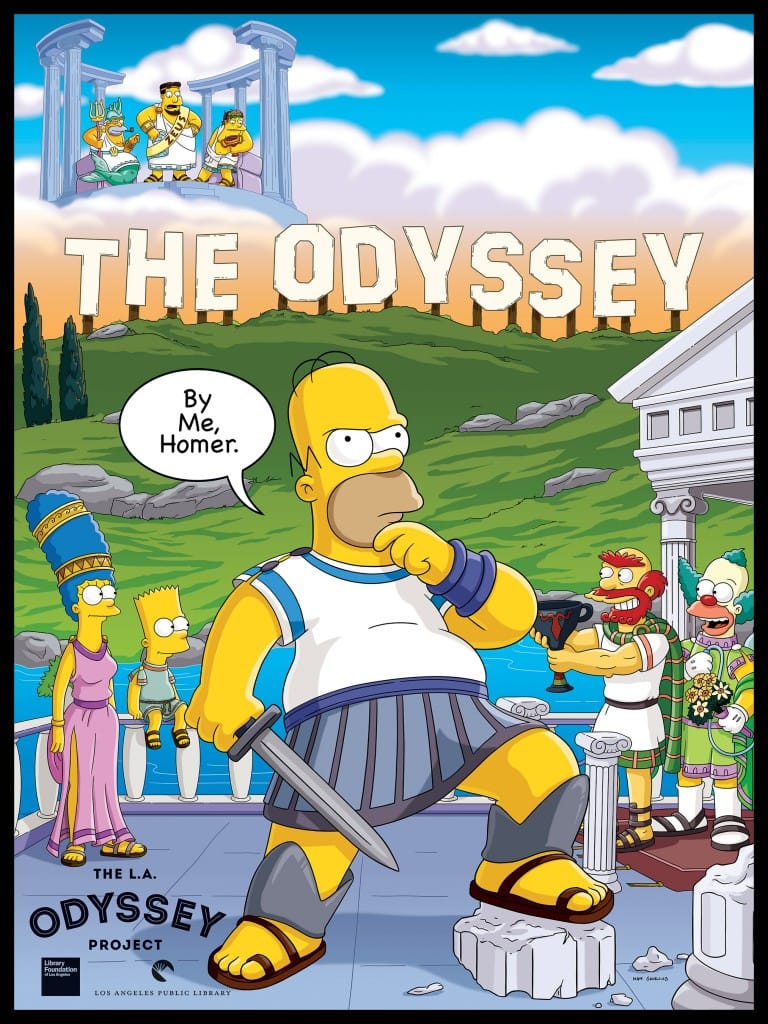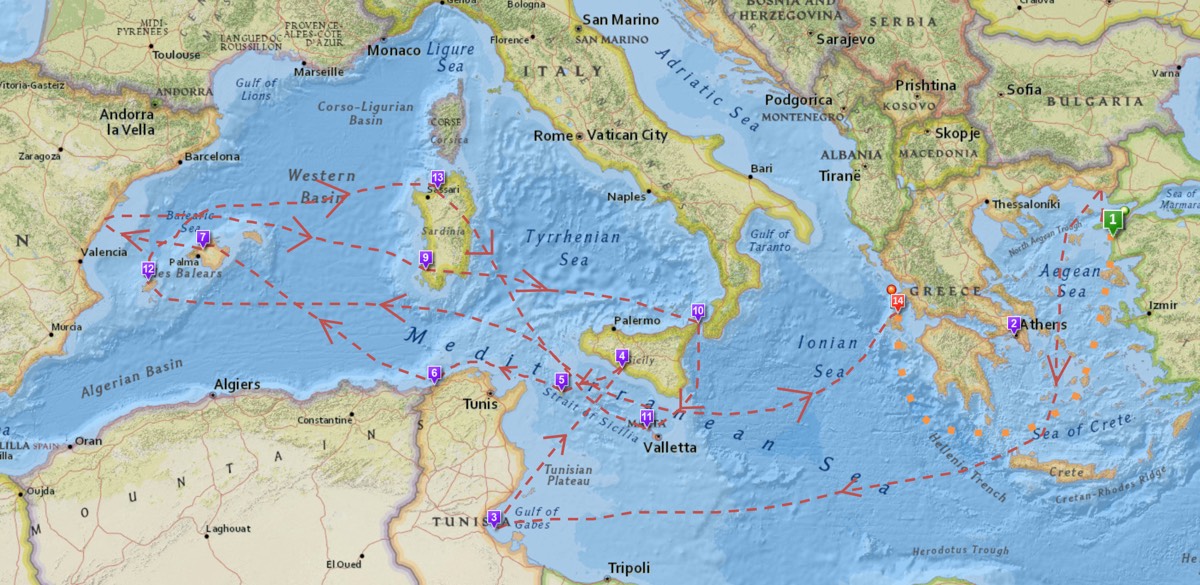


The goddess Athena decides to intervene, and descends to Ithaca, where she meets Odysseus' son Telemachus. She has many suitors, and it is likely that she will soon recognize that her husband is probably dead, and remarry. All gods, except for Poseidon, agree that he has a right to go home, to his wife Penelope, who is waiting on another island, Ithaca. The story begins when all survivors of the Trojan War have already returned home, except for Odysseus, who is living on the isle of Ogygia with a nymph named Calypso. The Odyssey is the classic example of a story that begins in medias res. His world is that of the age of colonization, not the Dark Age. The main arguments, proposed by Julius Beloch in the late nineteenth century, is that the poet of the Odyssey is clearly living in the early Iron Age: he mentions cities as something normal, presents a more bourgeois type of hero, and has a better knowledge of the Mediterranean geography. It is attributed to the legendary bard Homer, but is considerably younger, perhaps about half a century, than the Iliad, and already in Antiquity, people believed that there must have been two poets.

The Odyssey is the penultimate part of the Epic Cycle. Odyssey: Homer's famous epic about the homecoming of Odysseus after the Trojan War, penultimate poem of the Epic Cycle.


 0 kommentar(er)
0 kommentar(er)
